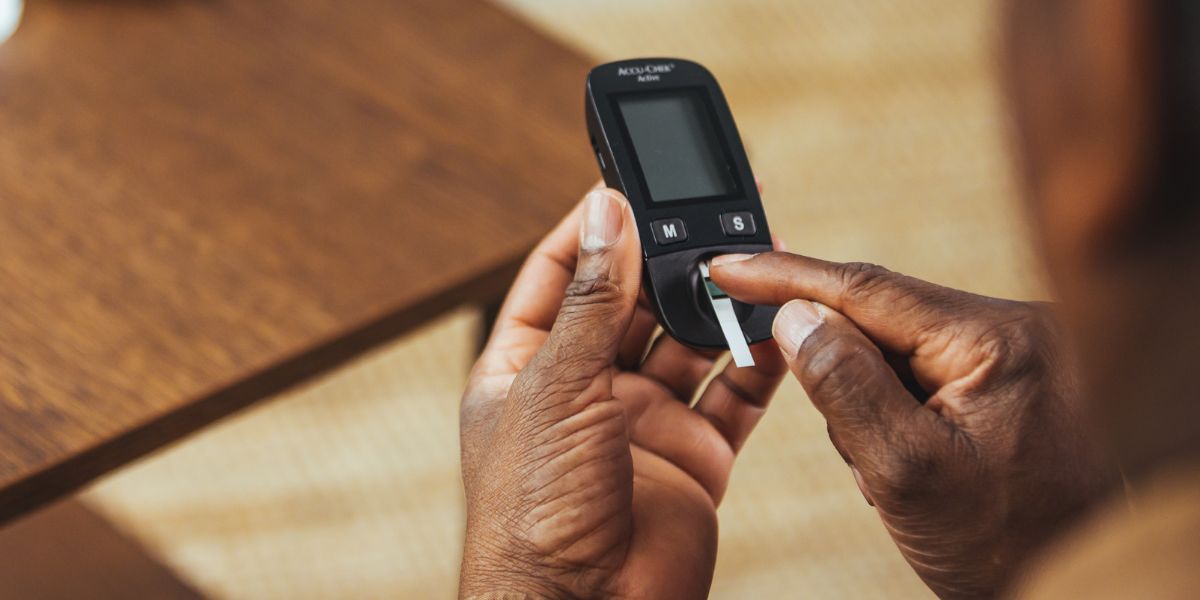If you’re regularly getting low sugar levels prior to meals, one or more factors could be at play.
We take a look at what the more common reasons are and provide guidance as to how you can tackle each problem.
Taking too much insulin for the previous meal
If you are regularly getting low sugar levels before a particular meal, it could that you are taking too much short or rapid insulin for the previous meal.
You may also get hypos within a couple of hours of the previous meal if you’ve taken too much insulin for that meal.
| Low sugar levels before | Overestimated insulin |
|---|---|
| Lunch | Short or rapid acting at breakfast |
| Dinner | Rapid acting at lunch |
| Bed | Short or rapid acting at dinner |
Action
Reduce the dose of insulin responsible for the low blood sugar levels. An alternative option is to have more carbohydrate for the meal prior to the low blood glucose levels.
Overestimating intermediate insulin at breakfast
If you inject intermediate insulin and are experiencing low blood glucose levels before dinner , another possible cause is if your dose of intermediate insulin at breakfast is too high.
Action
If too much intermediate insulin at breakfast time suspected, reduce the dose and monitor blood glucose levels to assess whether the change has improved your control.
Too much intermediate insulin at breakfast and too much short acting insulin at lunch are both possibilities for experiencing hypos before dinner. If you are at all confused as to which insulin dose is causing the low sugar levels, speak to someone in your diabetes health team who will be able to advise you.
Taking meals too late
If hypoglycemia occurs before having a meal that’s been delayed then this will need to be addressed.
Action
Aim to have meals at consistent times from one day to another where possible.
If this is not always possible, make sure you have a modest snack at the time you’d usually take your meal and then have your proper meal when you can.
Increased physical activity
Ask yourself whether any of the low sugar levels before meals could be influenced by physical activity.
If exercise has been strenuous or over a longer period of time, such as over an hour, then the exercise can lower blood glucose levels through the day and into the following night and day in some cases.
Action
The action you take can depend on a few factors such as over what period your get low sugar levels over. You are likely to need to either reduce one or more insulin doses and/or take additional carbohydrate to prevent hypos occurring.
If you are at all unsure what action to take, consult your diabetes team.




